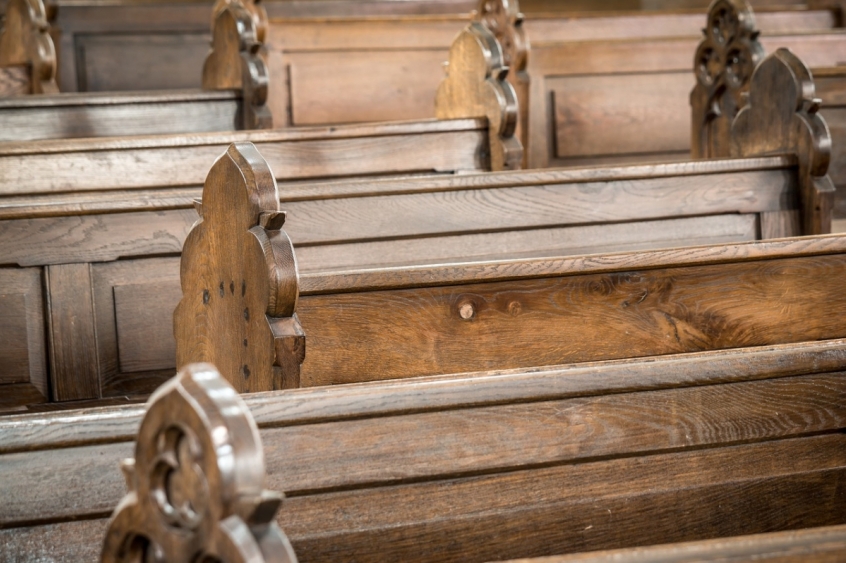
This past summer almost a third of the congregation at my church left. For a church with an average weekly attendance of 30-40 you really notice when 10 of them have gone. There was no acrimonious church divorce over theology, leadership or the flower rota – just the loss of much loved family members. Some moved back to their home country, others needed more kids the same age as theirs, and then there were the few for whom it was just time to move on.
I've heard lots lately on people who have had to move church or even step away from church for a while. I've even been one of the ones that moved church, but I never spent too long considering the effect of my absence – mainly because I was too busy focussing on me. But this summer the shoe was on the other foot, I learnt what it's like to be one of the left behind
Have you looked around and noticed the empty seats where your friends sat each week? Have you looked up half an hour into the service when that late family would normally arrive and wondered if they're on holiday before you remember that they've left? Have you ever been left behind watching friends and family move on, your heart heavy even though you know it's the right thing for them?
Over the past few months I discovered a few things, namely:
1. It hurts. Your family who you have prayed and worshiped with is missing a few members. You notice their absence, you miss them and it hurts. But I think it's supposed to – if you didn't care they were gone, were you even family?
2. You question why you're still there. You question why it is you chose to go there in the first place. You question whether there's a reason you should leave too. You have many questions. This will either renew your commitment to your church, drive you from it, or leave you unsettled, feeling more dissatisfied each week and wondering if you're missing out by not going somewhere else.
3. You become insecure. You start wondering if everyone who's been gone more than two weeks in a row has left too. This may make you oddly insecure so you can either distance yourself from people so if anyone else leaves it will hurt a bit less, or you hug the people left that much tighter.
4. It can be a good thing. We all have a part to play so a few spaces may give an opportunity for people to step up and do things they haven't done before. Sure, it'll be different, but change can be good.
Church is family. Brothers and sisters in Christ, seeking God and supporting each other through the joys and sorrows – cheesy but true. Just because people have left it doesn't mean God has too. God is still there. God is still at work. God still has plans. We need to get praying – praying for those who left to settle into their new church, pray for the ones left behind, pray for the empty seats to start filling, pray for boldness in inviting people to church.
Rachel Holmes works for a UK charity and spends her days writing about their community projects across the country. She writes about the collision of faith, justice and modern culture on her blog - http://www.rachelsarah.co.uk/













